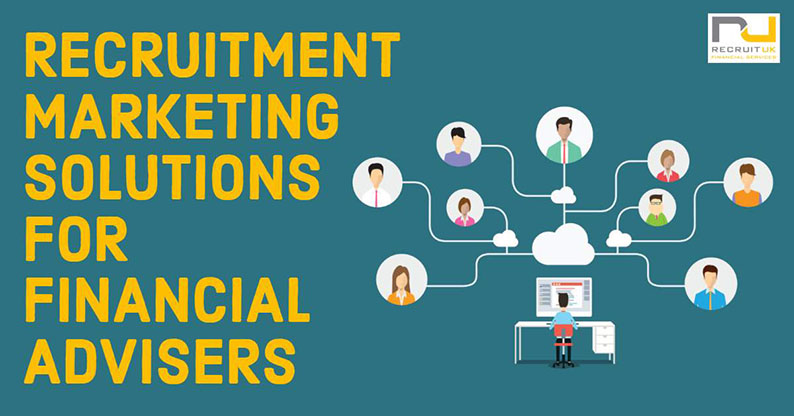I am joined by Gee Foottit to take a deep dive into the St James’s Place Academy and what it takes for you to become a fully-fledged financial adviser.
We take a look at how St. James’s Place will support you with your financial planning career journey.
*Below is an overview of the full podcast episode which can be found on all major platforms at the bottom of the page.
What is a financial adviser?
Gee: The role of a financial adviser is to really understand the person sitting in front of you. Gage what is important to them, where they are in their lives and where they want to be in the future. You then explore what the individual’s “now” looks like and figure out how to bridge the gap between the two.
So if you think about the roles within the job, you would need to be someone who is good with people and also someone that is rewarded by helping others. However, the role also relies a lot on technical skills, as there are many regulations that an adviser has to follow to give their clients the best advice possible.
So why is this the perfect opportunity to get into the profession? To put it simply, there are around 30,000 advisers in the UK at the moment and a huge need for financial advice. To meet those demands, we need to increase the amount of financial advisers coming into the profession.
These, along with so many others are the reason it is a brilliant time to get into the profession. We’ve estimated that we need 50,000 advisers to fill the advice gap, and there is no way SJP can do that on its own. So we are excited to be speaking with the Financial Planner Life Academies today, to help promote this fantastic opportunity.
St. James’s Place has been a pioneer for financial planning academies, can you tell us a little bit about your success stories so far?
Gee: The academy was born in 2012 and since then we have seen the average age of financial planners within SJP is around 46/47 as opposed to the average age nationwide being around 56. This shows us that the academy is working in terms of bringing new people into the profession and giving graduates, as well as second careerists a clear career journey.
We’ve had well over 1000 people come through the academy and over 300 people in training right now. This is a really exciting time because as we have financial advisers retiring from the profession, the newly qualified ones can move up the ranks and take over their clients.
What’s the qualification route that SJP have chosen and why?
Gee: We’ve been working with the Chartered Insurance Institute since we started the academy back in 2012, for us it’s the most widely recognised body within the profession, and we also like the modular approach they take with the exams.
Can you tell us a little bit about the company structure at St. James’s Place?
Gee: An overview of the SJP structure is that we have 2000 employees, none of whom give financial advice. The advisers sit in the partnership. Our partnership is made up of 2.5 thousand businesses; within those businesses, there are 4.5 thousand people giving advice. Many of these businesses have a team with which only one person gives advice, others may be larger with many advisers within their teams.
At St. James’s Place, we really get to know each one of our trainees to get a good idea of what their aspirations are within their career, so we can access how we can support them in meeting their goals and provide many roles within the profession, depending on what is right for that individual.
What is the interview process with St. James’s Place?
Gee: It’s a very simple process. Firstly we ask for you to write down a statement of interest, who you are, and why you want to join the academy. The next step would be to have a conversation with one of our team, either face-to-face or online. This is really to understand their personal aspirations and where they would like to take their career. Getting a well-rounded and impartial view of the individual. We then support them in coming up with a niche business plan, so they have a clear idea of where they want to take their career journey.
SJP invest £60,000 into anyone who comes through the academy, so we need to be vigilant in our selection process. It also helps the applicants make the best decision for them by exploring all avenues, so they can take the next steps of their career with the utmost confidence and support from us, their loved ones and of course themselves!
Find out everything you need to know about the selection process by watching this clip:
What does St. James’s Place do to focus on inclusion and diversity?
Gee: We work with a lot of affinity partnerships which give us access to a whole variety of people, particularly those who want to join the profession from mixed professional backgrounds, for example, sports or caregivers.
This is an academy that’s open to everyone. The training is predominantly virtual but if you do need to go in for face-to-face training, we have 22 locations across the country which break down traveling barriers for people, making it easy for anyone to become a financial planner.
An overview of the terms
- Term 1: Getting qualified – 3 months
- Term 2: Skills- What else do I need to know to be able to sit down in front of my client? – 3 months
- Term3: Client-facing and getting to competent adviser status (CAS) 3-6 months
- Term 4: Becoming sustainable – Finding your niche and building your business – 2-6 months
See the clip below to dig a little deeper into the terms at SJP:
What potential earnings will I make from years 1,2 and 3?
Gee: A lot of this is based on the individual but on average we would within the first year, you can expect to make an average of around £40,000.
By year 2 you’re still dealing with existing clients but growing on your client base, so we would expect you to make anything from around £65-£70,000, and hopefully, by year 3, you’ll be earning north of £70,000.
What is great about this profession is that there aren’t any caps on what you can achieve, it is what you make of it.
What does my exit strategy look like?
Check out the clip below for all you need to know:
What help and support can I get when trying to grow my business?
Gee: There are options to gain support with administration or paraplanning when going through the process of becoming a financial adviser.
Within St James’s Place, we have groups of people who are credited by SJP and become employed within practices whom we call practice support staff, or PSS. So you could potentially “buddy up” with someone else going through the academy and share someone who will do your administration, for example.
This could be a great support until you can afford to employ someone yourself in your partner business. It enables you to spend as much time as possible in front of your clients.
We also supply help and mentoring to support things like HR consultancy, legal consultancy, marketing, technical expertise, systems, and IT. Whatever you need to efficiently run your business, that’s what our 2,000 employees are there to take care of for you.
Are you looking for your next step and think St James’s Place is the tool to elevate you to the next level? Click here to apply and begin your journey.
Check out the full interview with Sam and Gee here:
With particular thanks to Gee Foottit and everyone at St. James’s Place Financial Adviser Academy.












